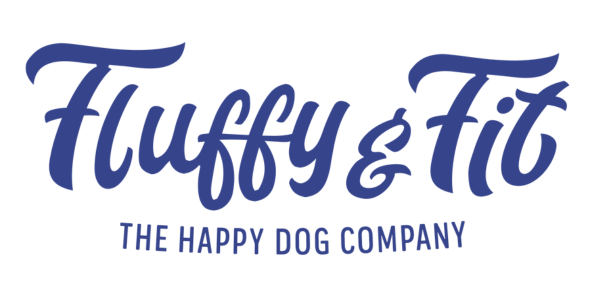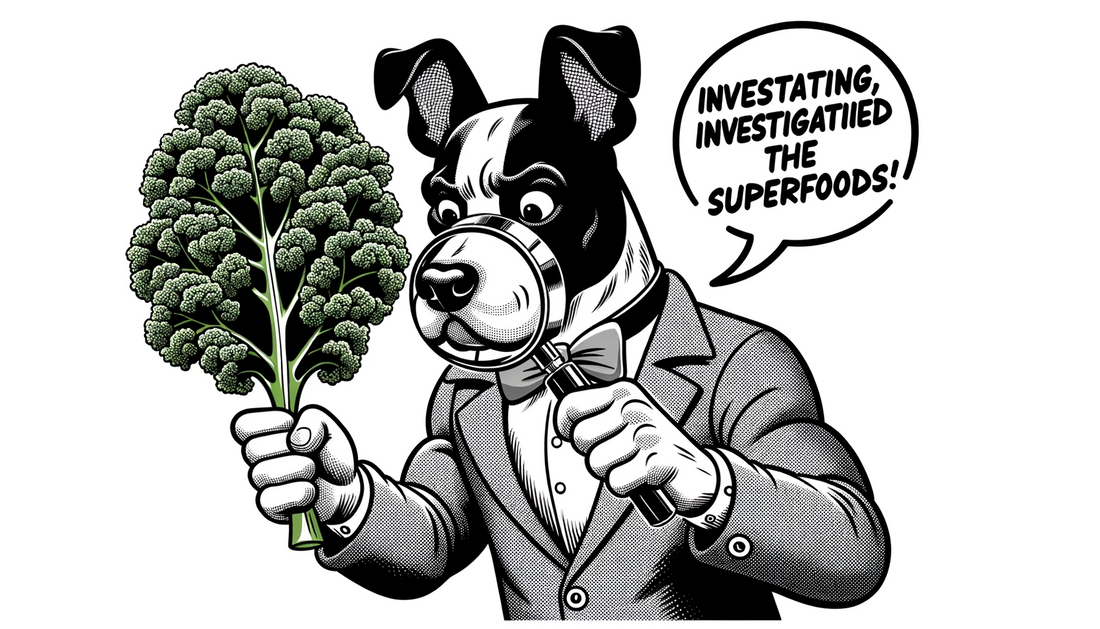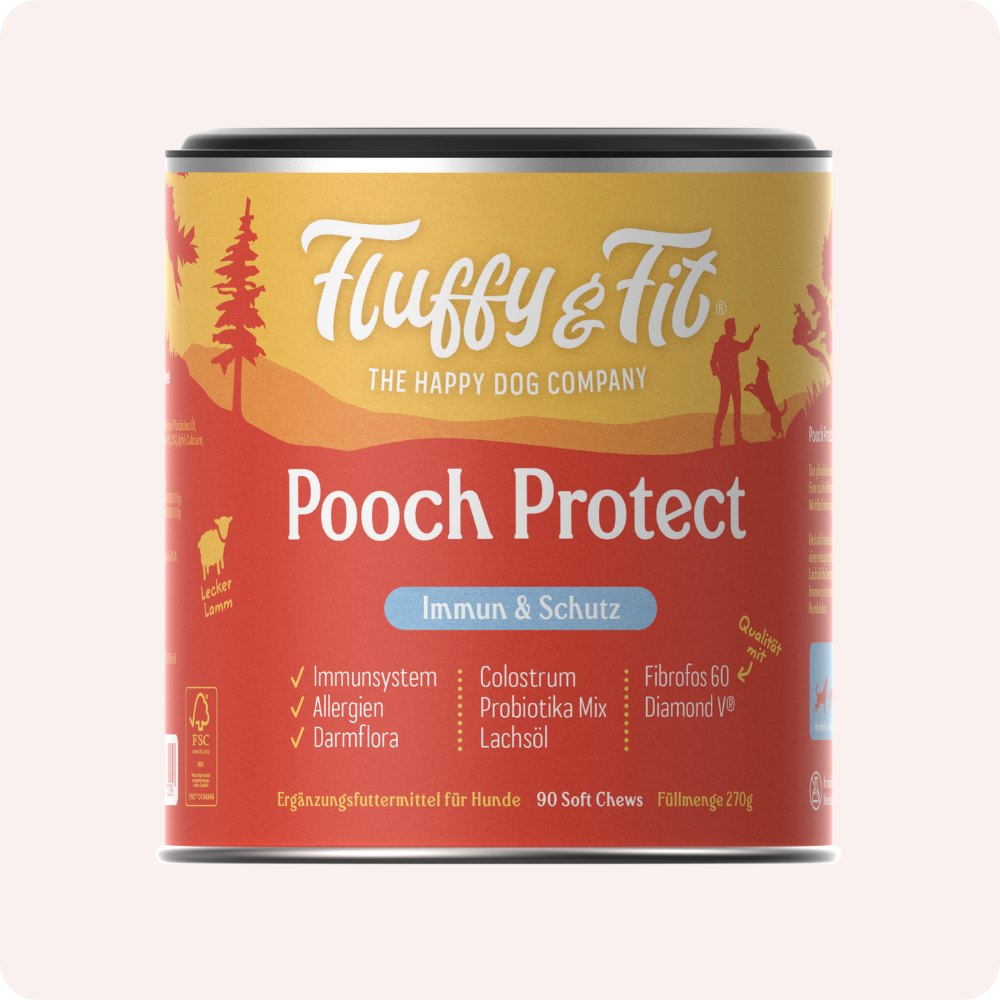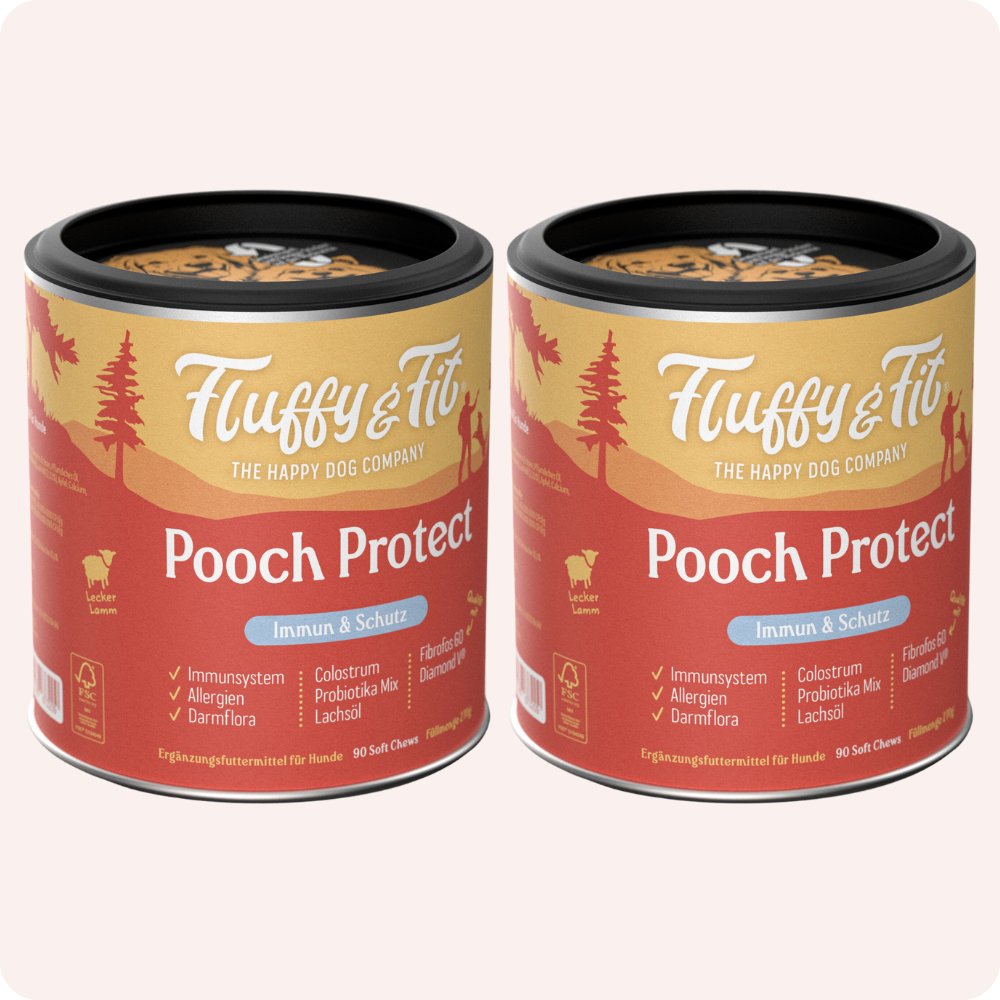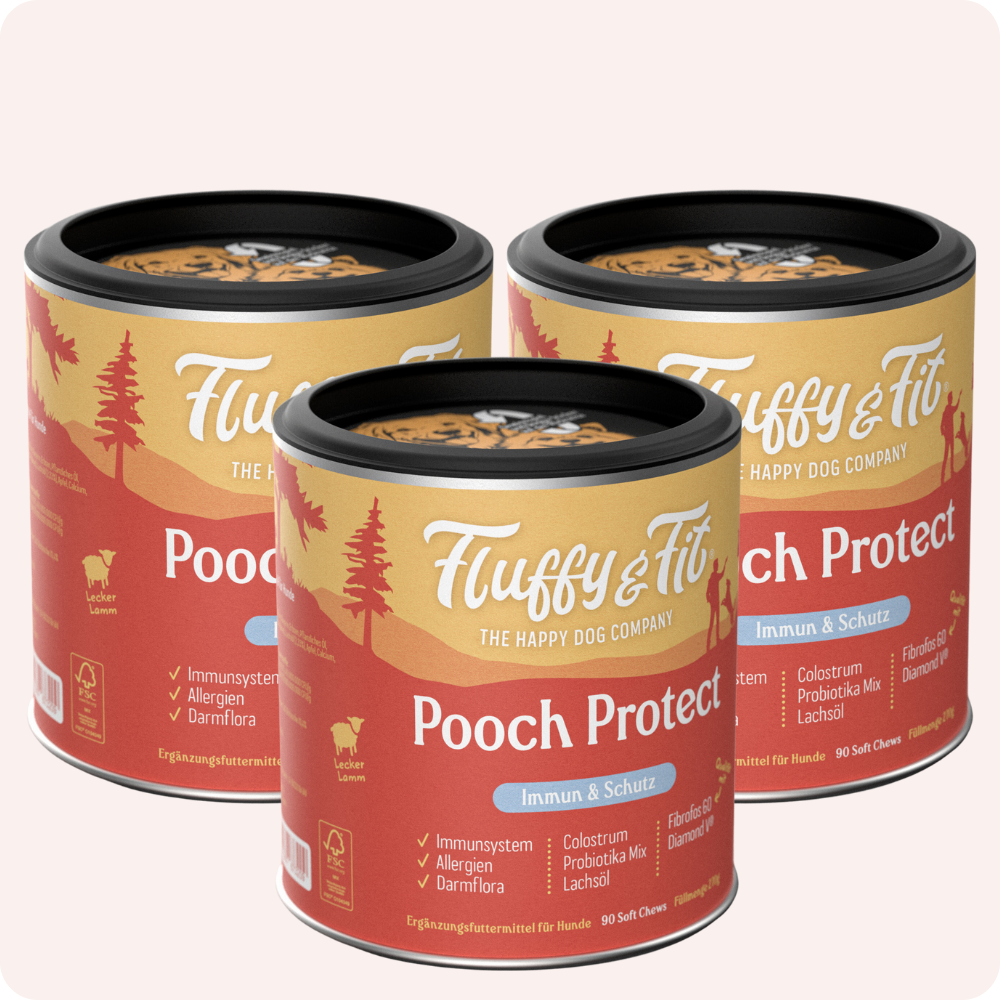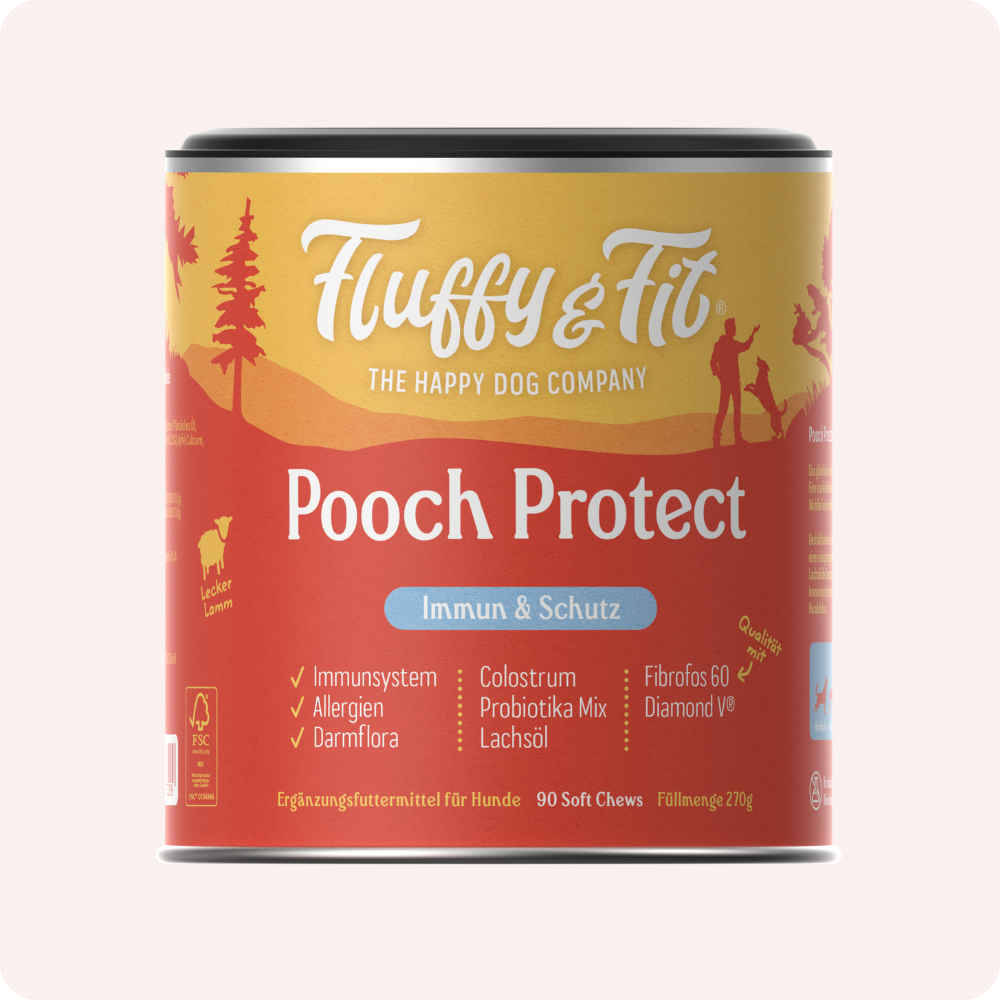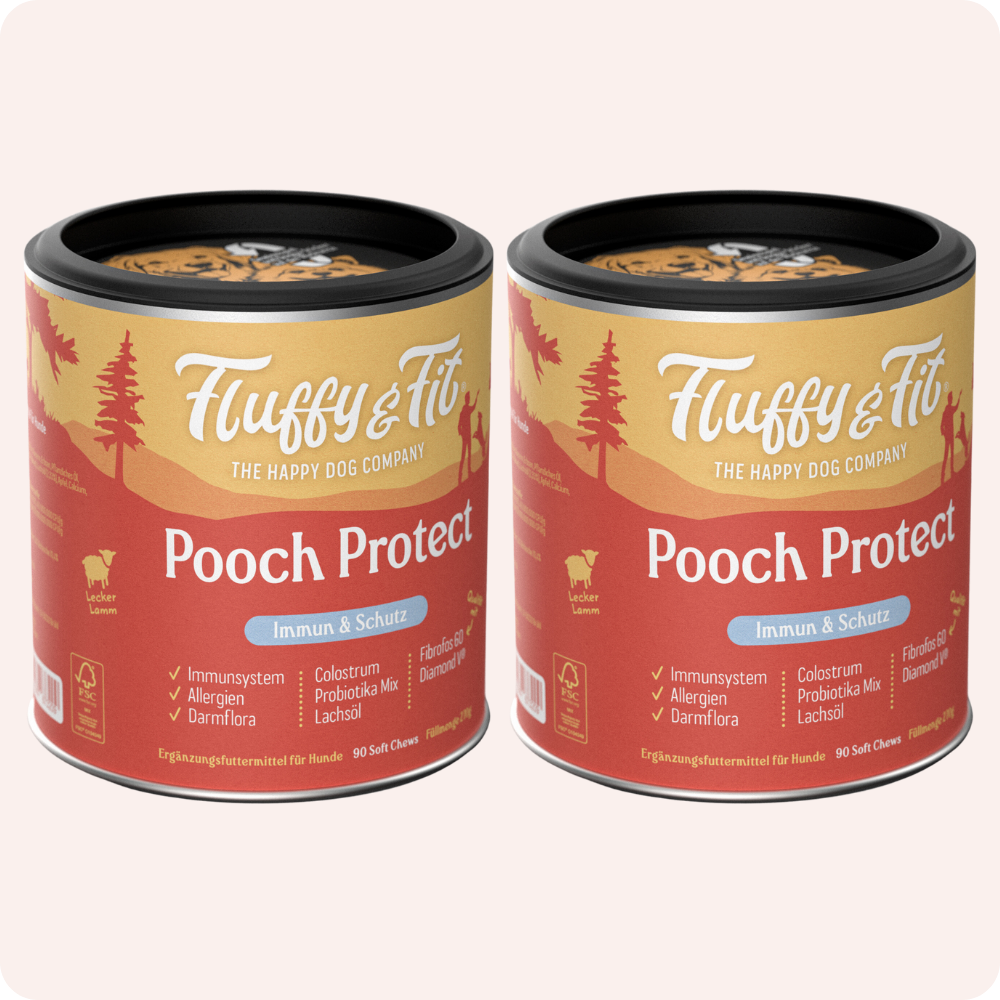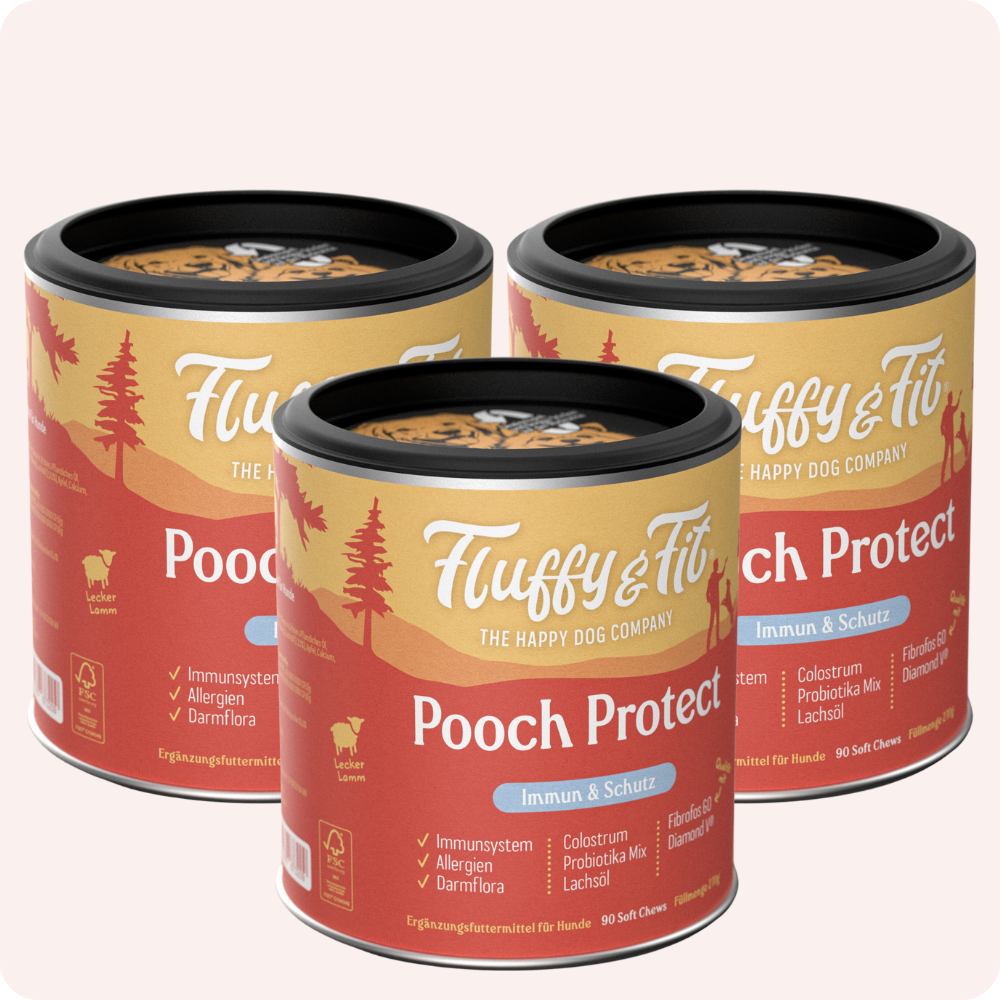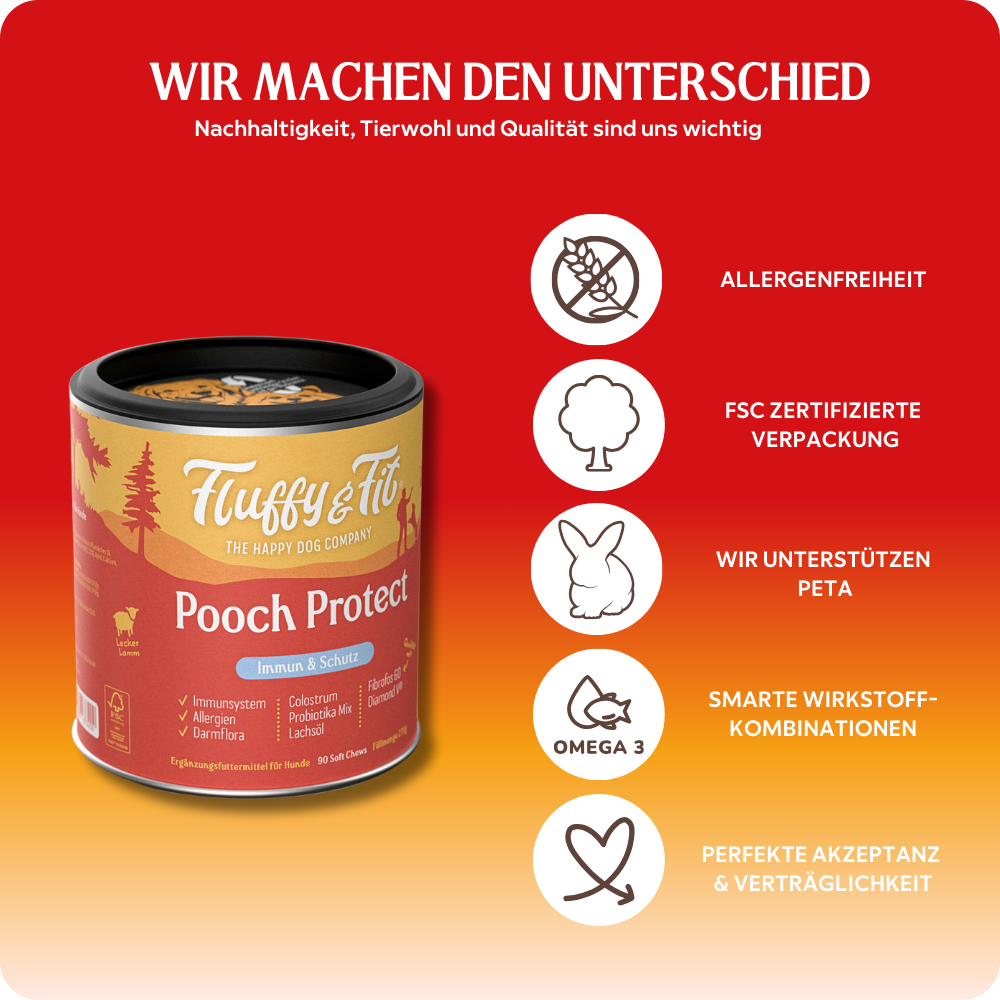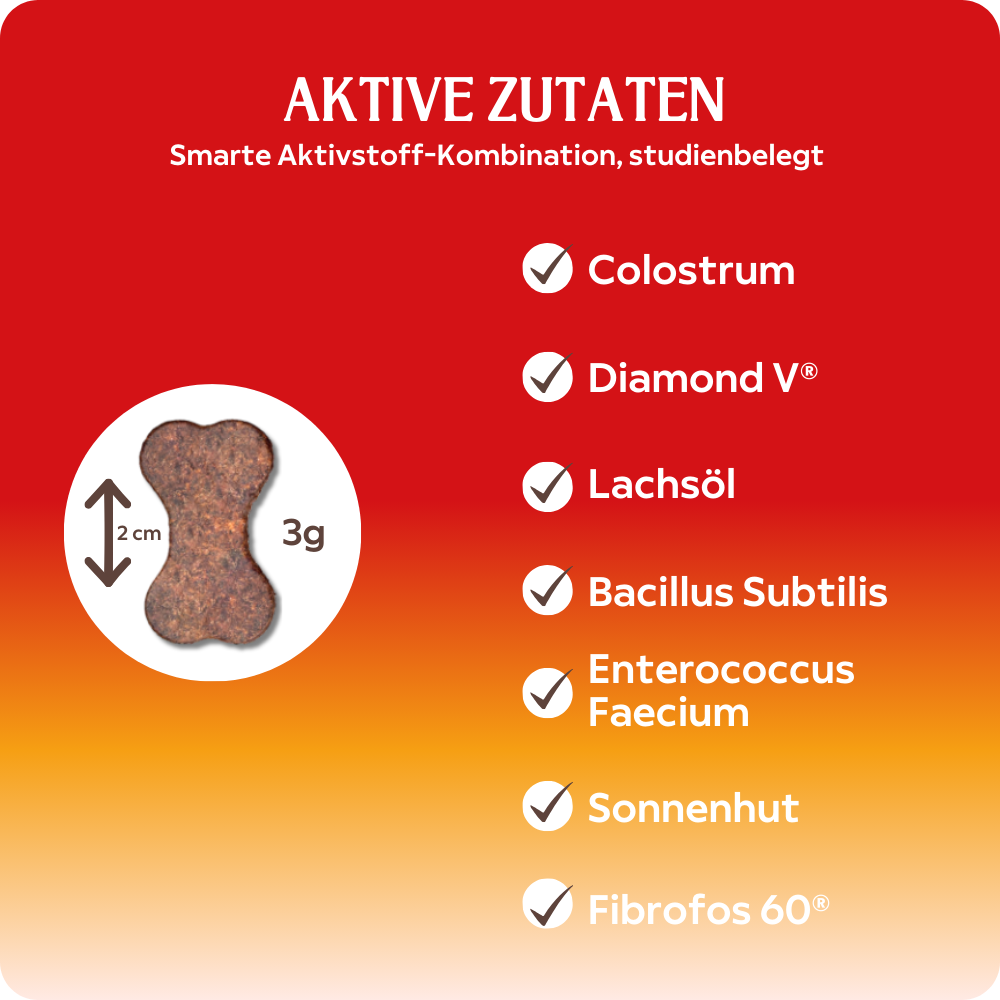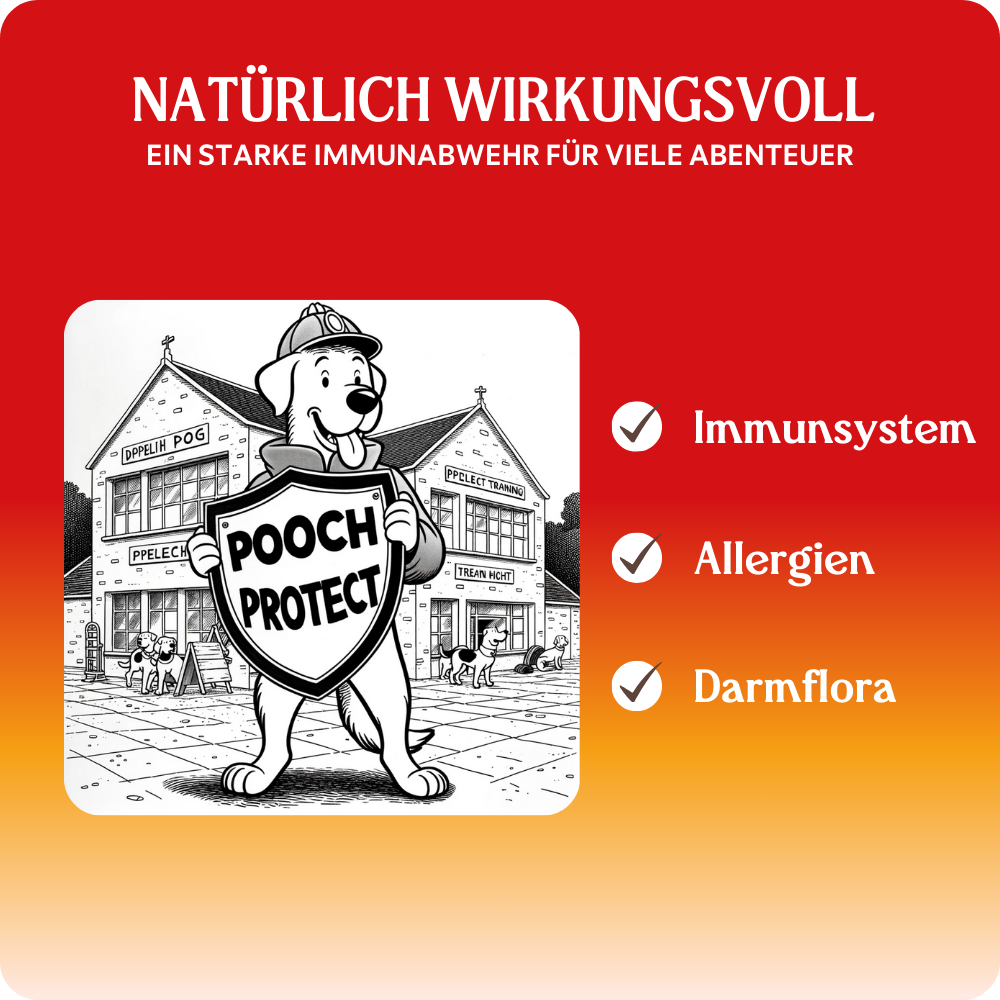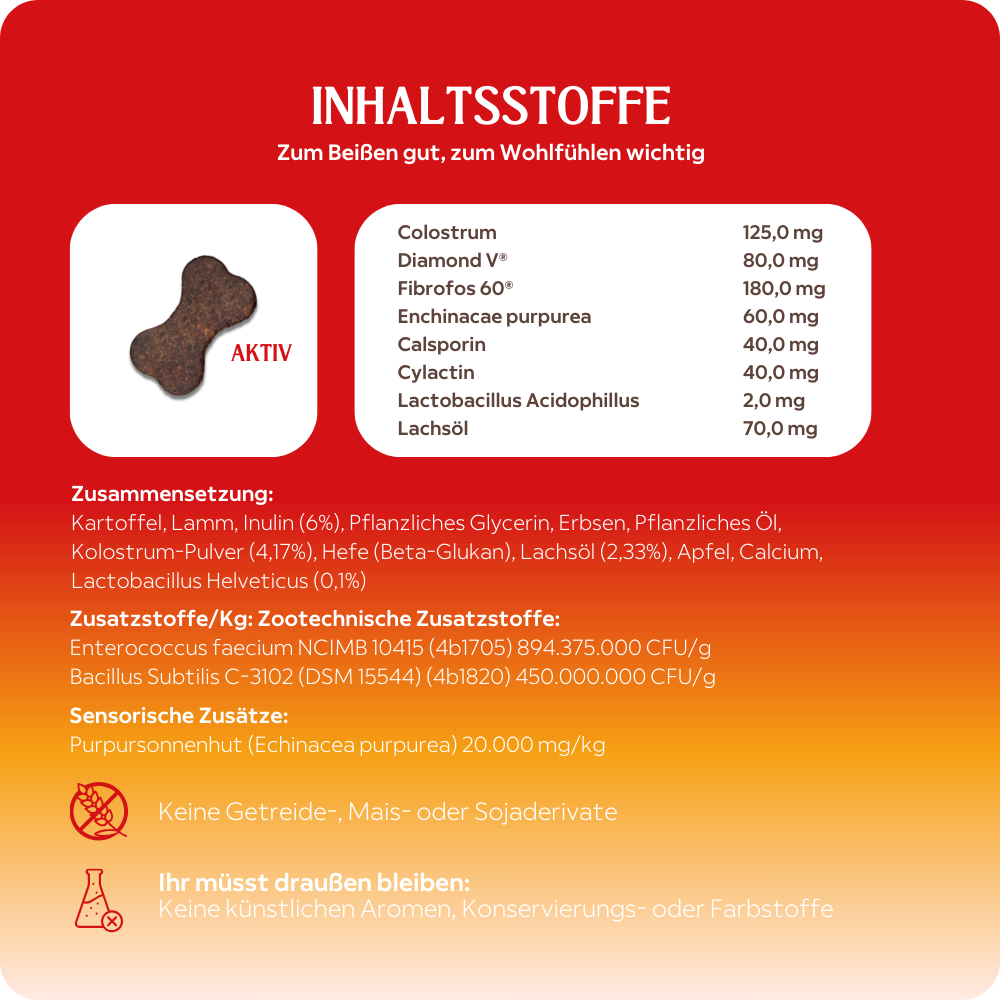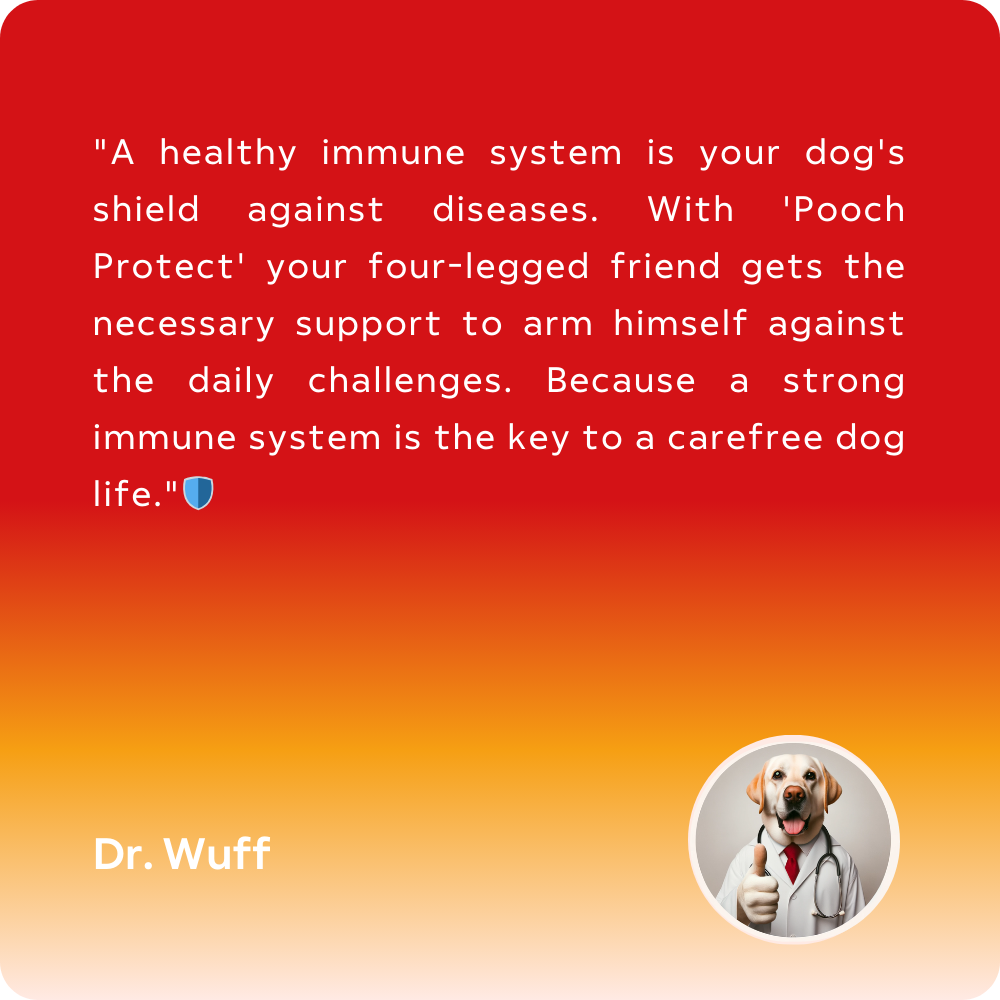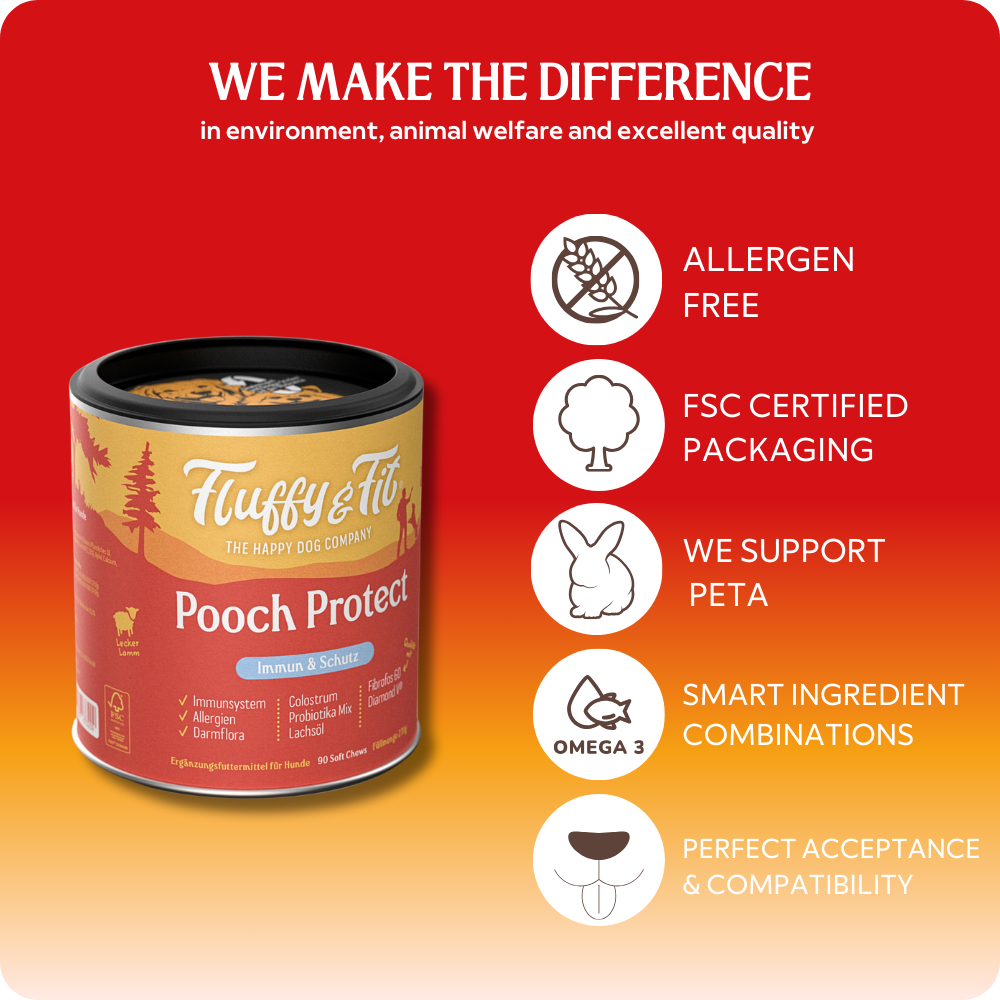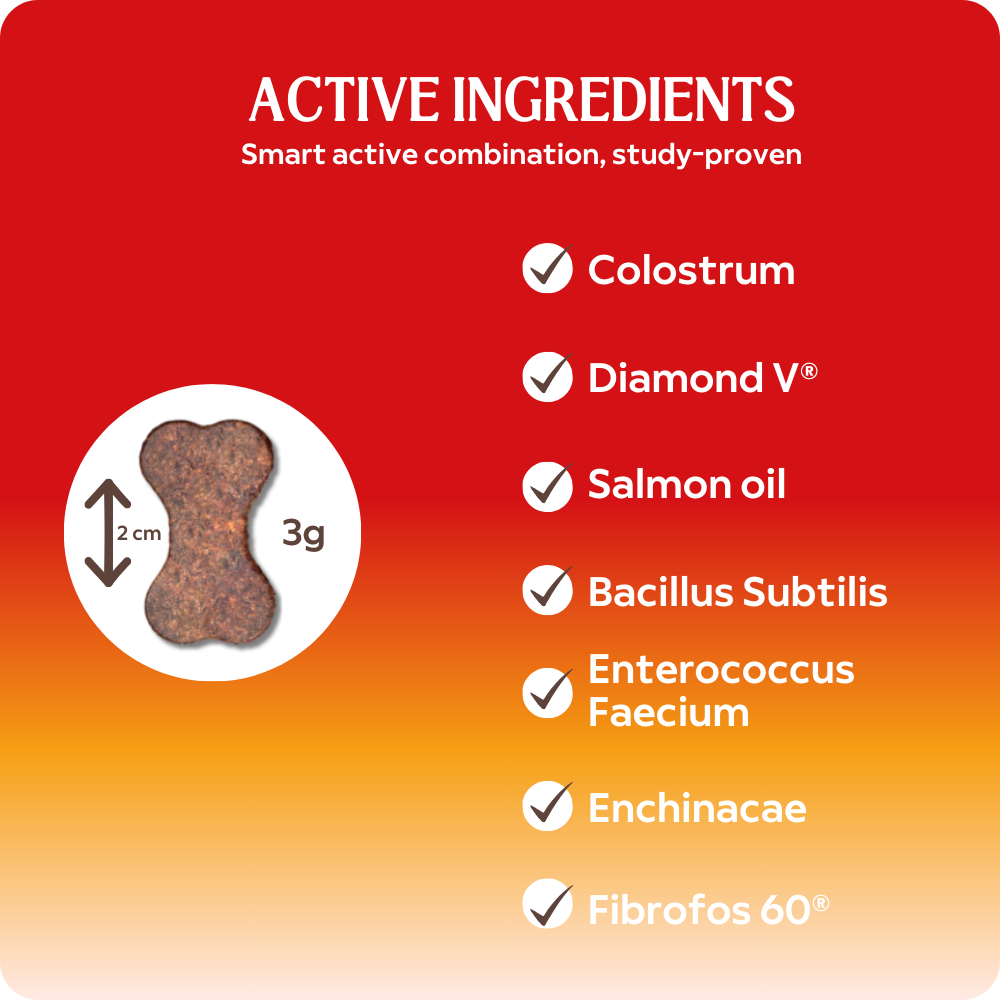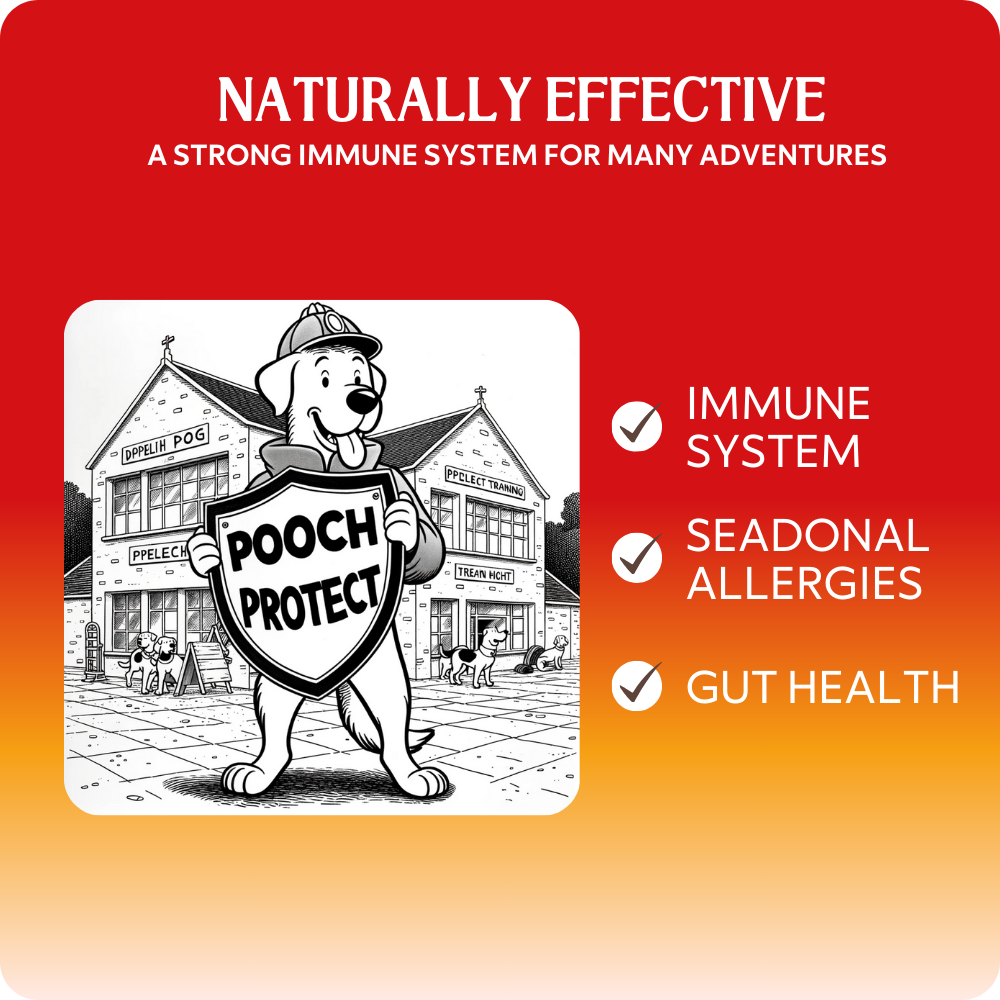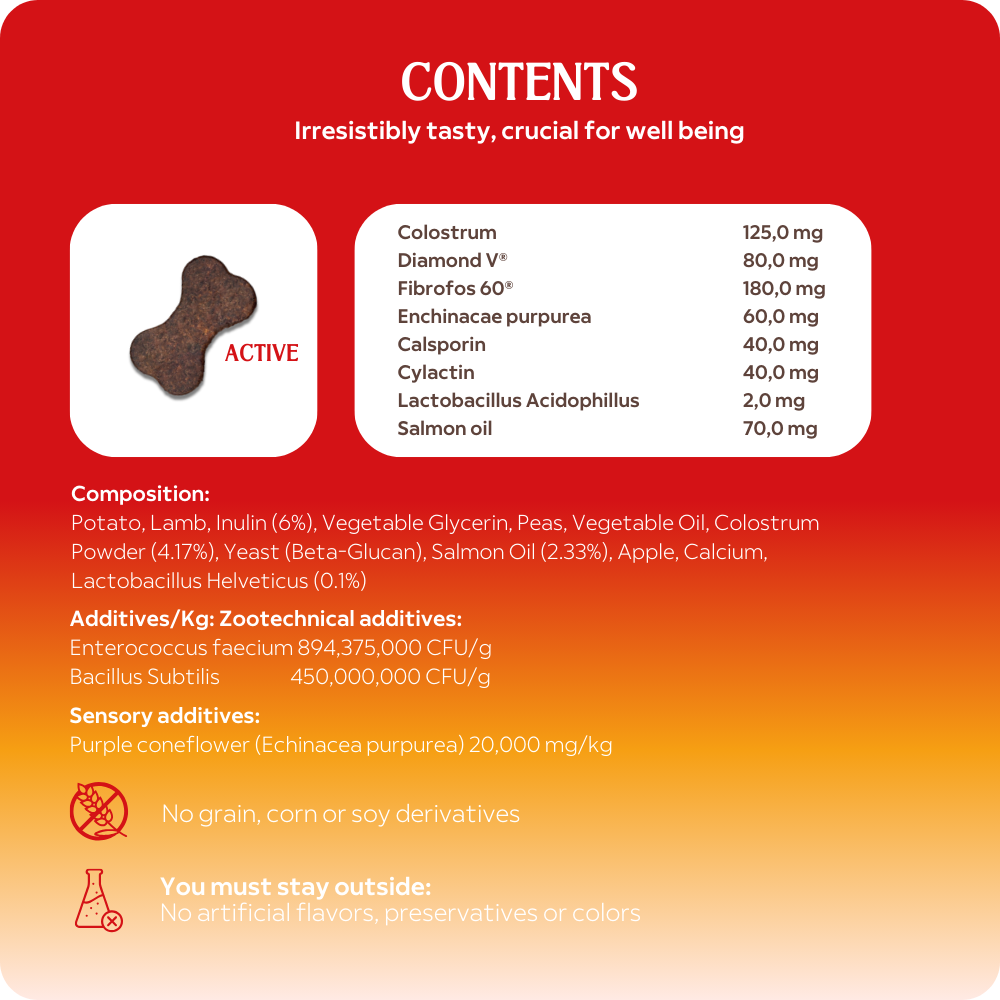From spaghetti to penne to fettuccine, pasta is an essential part of our culinary world. But can our four-legged friends also share in this culinary delight? “Can dogs eat pasta?” is a question that comes up in many dog households. This blog post delves into the world of pasta, looks at it from the perspective of dog nutrition and gives valuable tips for healthy feeding practices.
Noodles: yes or no?
In principle, dogs are allowed to eat pasta. They are not poisonous to them and can serve as an occasional treat or addition to their food. But as with any food not specifically designed for dogs, there are a few things to consider.
Benefits of Noodles:
- Source of energy : Pasta is rich in carbohydrates, which act as a source of energy.
Disadvantages and risks:
- Calories : High calorie content, which can lead to obesity if fed excessively.
- Nutrient balance : Pasta does not provide all the nutrients dogs need and therefore should not be the main diet.
- Allergies : Some dogs may be allergic to gluten.
Practical tips for feeding pasta
If you decide to give your dog pasta every now and then, please consider the following points:
- Cooked and unseasoned : Pasta should always be cooked and served without salt or spices.
- Small Amounts : Feed pasta in moderate amounts and see how your dog reacts to it.
- Rarity : Make pasta an occasional treat rather than a regular source of nutrition.
- Alternative Pasta : For dogs with gluten intolerance or allergies, gluten-free pasta options could be considered.
Pasta as part of a balanced diet
It's essential to remember that a balanced diet is central to your dog's health and well-being. Pasta can have a place in your four-legged friend's diet as long as it is offered in moderation and as part of an otherwise nutritious and balanced diet.
Conclusion: Occasional pasta fun is fine
Dogs are allowed to eat pasta, but feeding should always be done with your pet's overall health and nutrition in mind. An occasional pasta day is fine and can provide variety, but should never form the core of your dog's diet. And don't forget to always keep in mind: your dog's health starts with a careful and thoughtful diet.
Note: This post is for informational purposes and does not replace professional veterinary advice. If you have any questions or health problems with your dog, always consult a veterinarian.
